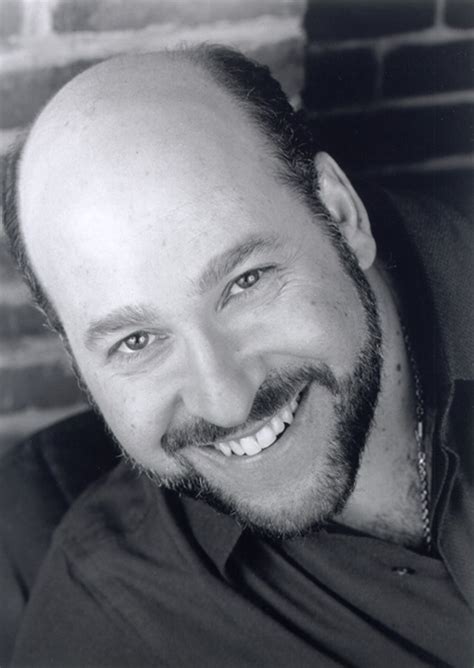A Quote by Jerry Saltz
I don't want to hear at all what the artist thinks about his art. And I'm not writing for the artist. I'm writing for the reader, and I want to tell the reader what I think.
Related Quotes
Any critic will tell you that there are a few dealers where you get a little bit scared to go into their gallery, and that's unfair to them, to yourself, to the reader, and to the artist. But I just want to look. When I'm done looking and writing, I love talking to art dealers. They are so alive and interesting and amazing - from Larry Gagosian all the way on down.
As an artist your first loyalty is to your art. Unless this is the case, you're going to be a second-rate artist. I don't mean there's never any overlap. You learn things in one area and bring them into another area. But giving a speech against racism is not the same as writing a novel. The object is very clear in the fight against racism; you have reasons why you're opposed to it. But when you're writing a novel, you don't want the reader to come out of it voting yes or no to some question. Life is more complicated than that. Reality simply consists of different points of view.
Simply put, meta-writing is writing that is self-conscious, self-reflective, and aware of itself as an artifice. The writer is aware she's writing, and she's aware there's a reader, which goes all the way back to Montaigne's often-used address "dear reader," or his brief introduction to Essais: "To the Reader." It can be done in a myriad of ways.
Nice writing isn't enough. It isn't enough to have smooth and pretty language. You have to surprise the reader frequently, you can't just be nice all the time. Provoke the reader. Astonish the reader. Writing that has no surprises is as bland as oatmeal. Surprise the reader with the unexpected verb or adjective. Use one startling adjective per page.
There's a perception that if an artist produces another artist, they're going to imprint on them. But I'm the opposite. I want to hear that artist; I don't want to hear me - that's the last thing I want to hear. There are a lot of technical studio things I've learned or figured out, and I feel like I could use those things to help other people with what they're doing.
How often I have tried to tell writing students that the first thing a writer must do is love the reader and wish the reader well. The writer must trust the reader to be at least as intelligent as he is. Only in such well wishing and trust, only when the writer feels he is writing a letter to a good friend, only then will the magic happen.
It is the specialist's task to talk about means, about centimeters. An artist's task is to talk about the goal, about kilometers, thousands of kilometers. The organizing role of art consists of infecting the reader, of arousing him with pathos or irony -- the cathode and anode in literature. But irony that is measured in centimeters is pathetic, and centimeter-sized pathos is ridiculous. No one can be carried away by it. To stir the reader, the artist must speak not of means but of ends, of the great goal toward which mankind is moving.
There's an old adage in writing: 'Don't tell, but show.' Writing is not psychology. We do not talk 'about' feelings. Instead the writer feels and through her words awakens those feelings in the reader. The writer takes the reader's hand and guides him through the valley of sorrow and joy without ever having to mention those words.



































